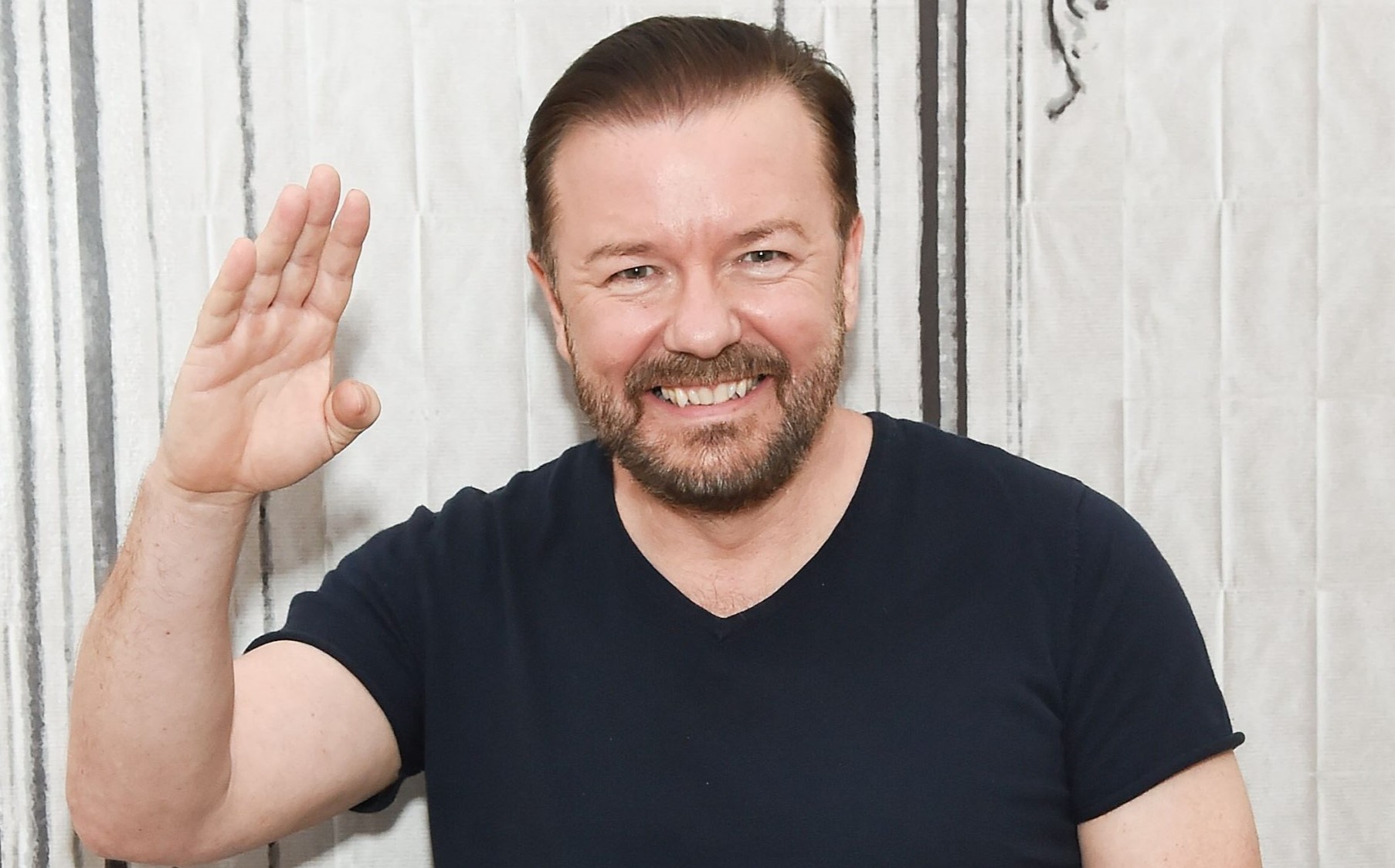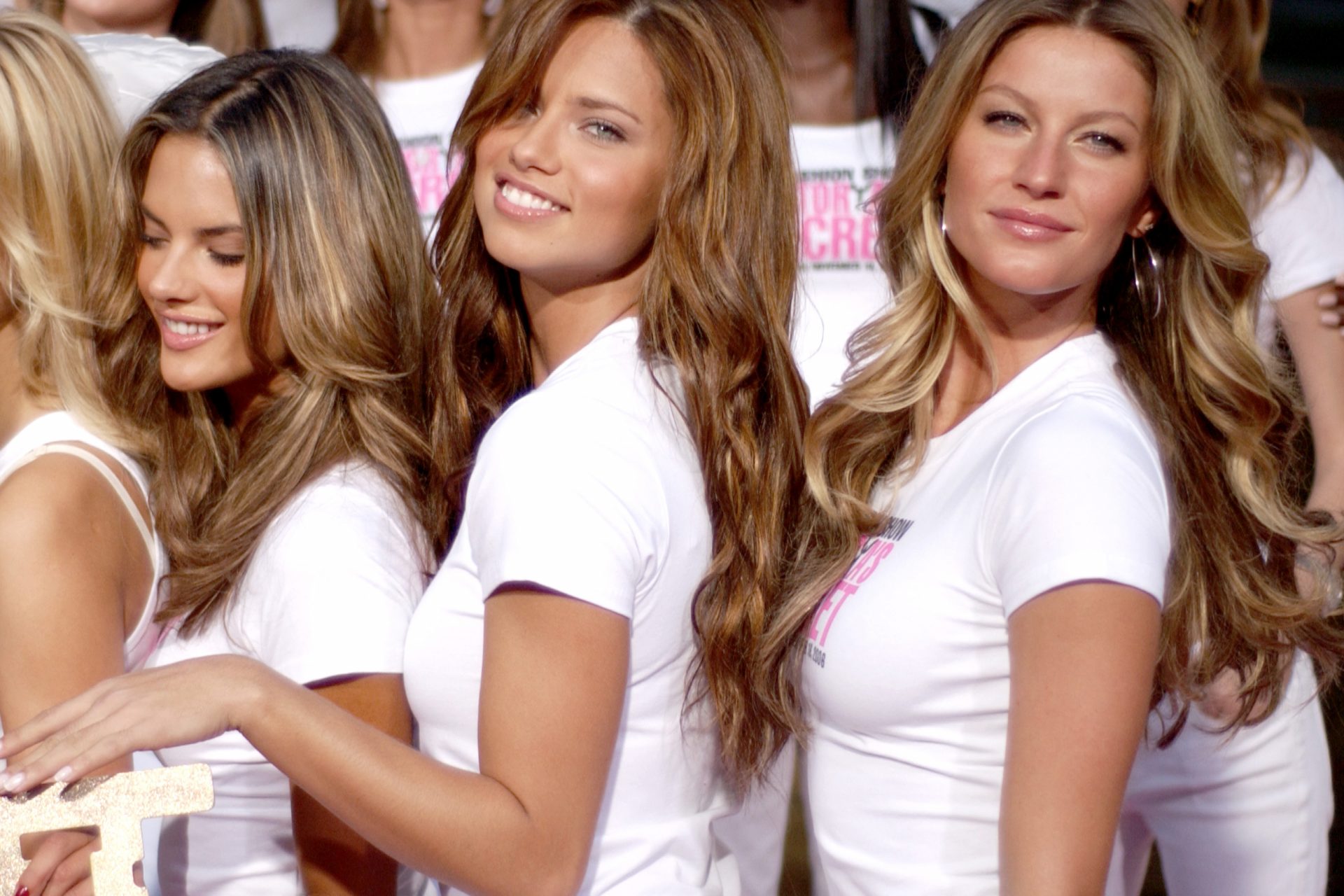The Super League of European soccer: keys to the controversy
On Sunday April 18, European soccer's Super League arrived on the world stage with much noise. It proposed an alternative to the
Champions League and started a war against the existing, giant soccer organizations FIFA and
UEFA. After 48 hours, it already started falling apart. What are the key aspects of this
proposed super competition, and why are many people so angry about it?
After months of rumours, negotiations and secret meetings, a powerful organization emerged,
presenting itself as the Super League. It consisted of twelve Founding Clubs - some of the best soccer teams in the world. The exclusive group of superclubs wanted to have a league of their own, with their own rules and rewards.
The Founding Clubs of the new Super League, as they called themselves, were teams from Italy, Spain, and the UK Real Madrid, FC Barcelona and Atletico Madrid are the Spanish superteams involved; AC Milan, Inter Milan and Juventus
are from Italy; and Manchester United, Manchester City, Tottenham, Liverpool, Chelsea and Arsenal joined the Super League from the United Kingdom.
By Wednesday April 21, after a couple of tumultuous days in the world of sports and politics, all the English Premier League teams had
withdrawn from the Super League plan. It started with Manchester City pulling out, then Chelsea
followed, and finally the rest as well. In Italy, Inter Milan also indicated that it would no longer be
part of the Super League, and in Spain, Atlético Madrid did the same. By Wednesday afternoon, only Real Madrid and FC Barcelona remained.
Florentino Pérez, the president of Real Madrid, was going to be the first official president of the Super League.
Joel Glazer, owner of Manchester United, would be the competition's vice-president. As Manchester United is out of the League, however, the organization will have to reconsider.
The Super League's aim was to start in August 2021 with fifteen Founding Clubs. They expected
three more teams to join the first twelve Founders.
The Super League project would not be limited only to men's football. Once the competition started, it was going to launch its women's League as well.
The plan of an exclusive Super League with fifteen top teams and a women's football component met
with a lot of resistance. In the 48 hours after its announcement, protests against the League went
viral and political leaders denounced it. What's the big problem with the Super League?
What makes the Super League different from the Champions League, in which the number ones
of European national competitions play against each other each year on Tuesdays and Wednesdays?
Other than in the existing Champions League, the fifteen Founder Clubs would be permanent fixtures in the Super League. This is where a lot of football fans and commentators saw a major problem: these fifteen owners of the competition would always have a shot, no matter if they played well or not.
Apart from the fifteen Founders, an additional
number of five teams would have to qualify to play in the competition. Their entrance into the Super
League would be based on their performance in the previous football season. Five spots for all
other (non-Founding) clubs in Europe is an extremely small door to get into the Super League.
The start of the Super League would not affect the national leagues, the organization said. The national leagues play in the weekends, while the Super League would be played on weekdays. The traditional calendar of national matches would
remain unchanged.
They might be able to follow the same calendar as before, but national competitions would have a
lot less money available to them if fifteen Super Clubs kept the investments and prizes of their European competition exclusively to themselves. The big teams would get bigger, and the small teams would have to struggle even harder than they already do.
And if we talk about figures, the first one to mention is the 4.2 billion dollars (3.5 billion euros) that the fifteen Founding Clubs would have at their disposal. Who was going to pay this amount to set up the competition?
The Super League would start with the backing of an investment group that includes the powerful financial institution JP Morgan. The initial investment of 4.2 billion dollars would be earned back quickly, the Super League argued, because the teams expected to earn 4.8 billion dollars (4 billion euros) a year in audiovisual rights alone.
Different from the Champions League, the elite clubs composing the Super League would manage
their media rights and ancillary businesses themselves. There would be no control over these money streams by UEFA or local sports institutions.
It is calculated that the winner of the Super League would receive 400 million euros. That's a lot more than the 120 million euros for the winner of the Champions League. But: there's also a lot less of a chance for non-Founding Clubs to win this money. It would most likely remain within the circle of the fifteen elite clubs.
The Super League got a lot of criticism from governments and national soccer leagues. Boris
Johnson, the British Prime Minister, rejected the idea because its interests are "harmful to football."
The European Commission also spoke out against it, for fear that the national leagues in Europe
would be completely devalued by the Super League. In other words, the rich teams would get richer and the poor teams poorer.
French President Emmanuel Macron is also against the Super League. "It threatens the principle of solidarity and sporting merit," he said. There is currently no French team among the Super League founders.
One French and two German clubs already refused to take part in the new competition: PSG (Paris), Bayern Munich and Borussia Dortmund. They were probably the three remaining clubs the Super League was hoping for. The CEO of Borussia Dortmund, Hans-Joachim Watzke, has confirmed his club's rejection of Super League
invitations.
Among those most critical has been Javier Tebas, the president of the Spanish League. He describes the Super League, in which three Spanish clubs have fixed entries and the rest have to compete each year to win a ticket, a "secessionist and elitist competition." It must be noted, that Javier Tebas is a member of the UEFA Executive Committee, and the UEFA is making money out of the existing system.
UEFA is strongly against this 'new neighbour / enemy' of the Champions League. The football association issued a statement warning that clubs involved in the Super League "will not be eligible to play in any other competition at national, European or world level." The individual players of these Super League clubs, moreover, "may be deprived of the opportunity to represent their national teams."
This boycott of both the teams and their individual players would mean that, if the UEFA and FIFA follow through on their threats and the Super League becomes reality, we would get to see a World Cup without Messi, Ronaldo, Kroos, Modric, and others.
The big question is now: will the Super League go ahead despite the opposition of governments and sporting institutions? It will be very difficult for the few superteams remaining.




































